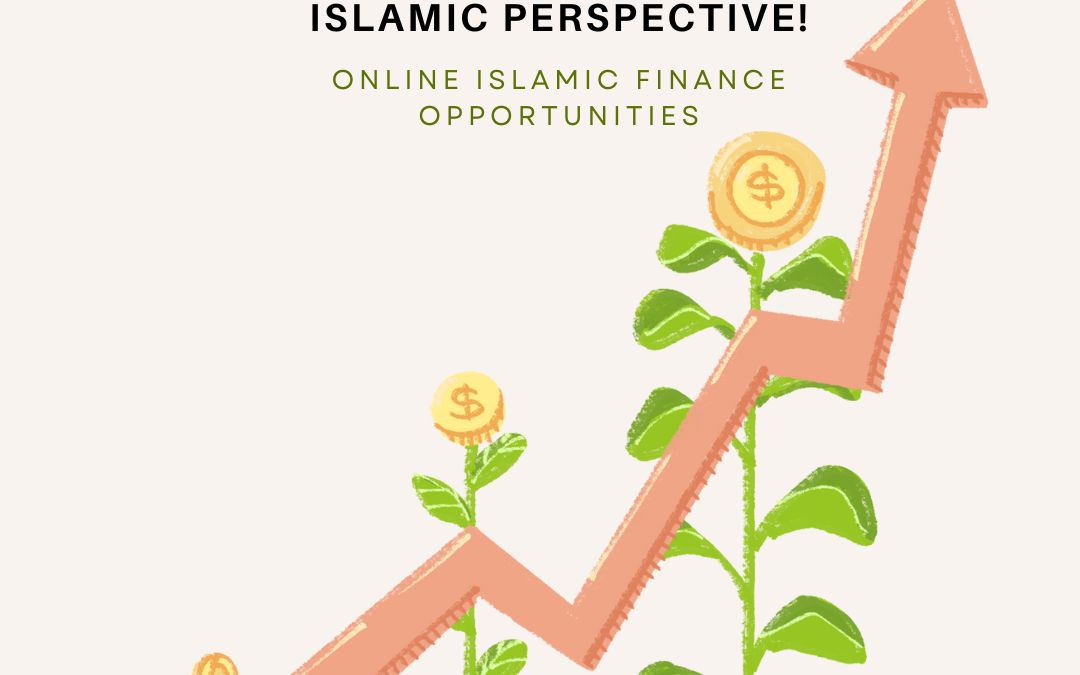Introduction to complete detail on guidance finance Islamic. all you need to know with Prons and cones of Finance.

Table of Contents
Introduction to guidance finance islamic :
Islamic finance, also known as Sharia-compliant or Halal finance, is a system of financial and economic activities that adheres to the principles of Islamic law, or Sharia. It is based on ethical and moral values and prohibits the payment or receipt of interest (Riba). Instead, it promotes profit-sharing and risk-sharing arrangements. History of Islamic Finance: The foundations of Islamic finance date back to the 7th century with the advent of Islam. The Quran explicitly prohibits Riba (usury) and promotes ethical economic conduct.
Islamic finance principles were further developed by Islamic scholars throughout history, with notable contributions from scholars like Ibn Taymiyyah and Ibn Qayyim Al-Jawziyya. Modern Islamic banking and finance institutions began to emerge in the mid-20th century, with the establishment of the first Islamic bank, the Mit Ghamr Savings Bank, in Egypt in 1963. Key Principles and Rules: Prohibition of Riba (Interest): Riba is strictly forbidden in Islamic finance. Lending and borrowing money with interest is considered unethical.
Profit and Loss Sharing: Islamic finance encourages profit-sharing and risk-sharing arrangements. For example, Mudarabah and Musharakah are contracts where profits and losses are shared between parties. Asset-Backed Financing: All financial transactions should be backed by tangible assets or services. This principle prevents speculative activities. Avoidance of Gharar (Uncertainty): Contracts with excessive uncertainty or ambiguity are discouraged. Parties should have clarity about the terms of the agreement.
Avoidance of Haram (Forbidden) Investments: Investments in industries or activities considered Haram (forbidden), such as alcohol, gambling, or pork, are prohibited.
Transparency and Fair Dealing:
Ethical conduct, transparency, and fair dealing are essential in Islamic finance. Contracts should not involve deception or exploitation.
Future Prospects of Islamic Finance:
Global Growth:
Islamic finance has experienced substantial growth over the past few decades and is expanding globally. It is not limited to Muslim-majority countries and is attracting non-Muslim investors.
Ethical Finance:
The principles of Islamic finance align with ethical and sustainable finance practices, which are gaining traction worldwide.
Financial Inclusion:
Islamic microfinance and Takaful (Islamic insurance) are contributing to financial inclusion, particularly in regions with large Muslim populations.
Innovation:
The industry is witnessing innovation in financial products and services that comply with Islamic principles. For example, the development of digital Islamic banking services.
Dos and Don’ts in Islamic Finance:
Dos:
Educate Yourself:
If you’re interested in Islamic finance, educate yourself about its principles and how they are applied in financial products.
Seek Ethical Investments:
Consider ethical investments and assets that are Sharia-compliant, such as Sukuk (Islamic bonds) and Halal investment funds.
Work with Islamic Financial Institutions:
If you choose to engage in Islamic finance, collaborate with Islamic banks, investment firms, and advisors who are experts in this field.
Don’ts:
Avoid Riba:
Do not engage in transactions involving interest (Riba). This includes traditional interest-based loans, credit cards, and similar financial products.
Steer Clear of Haram Investments:
Avoid investments in industries or activities that are Haram, such as gambling, alcohol, or pork-related businesses.
Be Transparent:
Do not engage in deceptive or non-transparent financial transactions. Ethical conduct is a fundamental principle.
Seek Expert Guidance:
If you are not well-versed in Islamic finance, do not attempt to structure financial transactions on your own. Seek guidance from qualified Islamic finance professionals. Remember that Islamic finance is a complex field with many nuances. It’s important to consult with experts and do thorough research if you plan to invest or participate in this financial system.
Tips on Islamic Finance:
Educate Yourself:
Before getting involved in Islamic finance, take the time to educate yourself about its principles and how they apply to different financial products. Numerous online courses, books, and resources are available for learning.
Consult Islamic Finance Experts:
Seek guidance from experts in Islamic finance, including scholars and financial advisors who are well-versed in Sharia-compliant financial principles.
Understand Your Investment Goals:
Define your financial goals and investment preferences. Islamic finance offers a range of investment options, from real estate and equities to Islamic bonds (Sukuk) and ethical funds.
Select Reputable Institutions:
When choosing Islamic financial institutions to work with, ensure they are accredited, regulated, and follow industry standards. Look for institutions with a strong reputation for ethical and transparent operations.
Diversify Your Portfolio:
Diversification is a fundamental principle of Islamic finance. Spread your investments across different asset classes to minimize risk.
Stay Informed:
Keep up with the latest developments and innovations in Islamic finance. The industry is evolving, and staying informed can help you make informed financial decisions.
Online Islamic Finance Opportunities:
Islamic Banking and Investment Platforms:
Many Islamic banks and financial institutions offer online banking services and investment platforms, allowing you to open savings accounts, and investment accounts, and access a variety of Sharia-compliant financial products.
Islamic Crowdfunding and Peer-to-Peer Lending:
Online platforms facilitate crowdfunding and peer-to-peer lending based on Islamic principles. These platforms connect investors and entrepreneurs looking for Sharia-compliant financing.
Takaful (Islamic Insurance):
Several Takaful providers offer online platforms for purchasing Sharia-compliant insurance products, including life insurance, health insurance, and property insurance.
Islamic Investment Funds:
Numerous online investment platforms offer access to Islamic investment funds and portfolios that align with Sharia principles. These platforms allow you to invest in a diversified portfolio of Sharia-compliant assets.
Sukuk (Islamic Bonds) Trading:
Some online brokerage platforms provide opportunities for trading Sukuk, which are Islamic bonds. These platforms enable you to invest in and trade Sukuk worldwide.
Islamic Microfinance:
Online microfinance platforms based on Islamic finance principles provide small loans and financial services to individuals and small businesses in underserved communities.
Islamic Robo-Advisors:
Online robo-advisory platforms that comply with Islamic finance principles offer automated investment and portfolio management services, making it easier for investors to follow ethical investment strategies.
Islamic Investment Forums and Communities:
Join online forums and communities focused on Islamic finance to gain insights, share experiences, and connect with like-minded individuals interested in ethical and Sharia-compliant investments.
Remember to conduct due diligence when exploring online opportunities in Islamic finance. Ensure that the platforms and institutions you engage with are legitimate, regulated, and adhere to Islamic financial principles.
This article was helpful? Comment below.
If you provide any halal investment Opportunities to young Muslims, then comment your details to contact.
Best method to give charity in Islam? A complete Guide.
Umrah and Hajj packages 2023/2024 from USA Best Guide
Key Features of Islamic Education Centers Across the Globe

